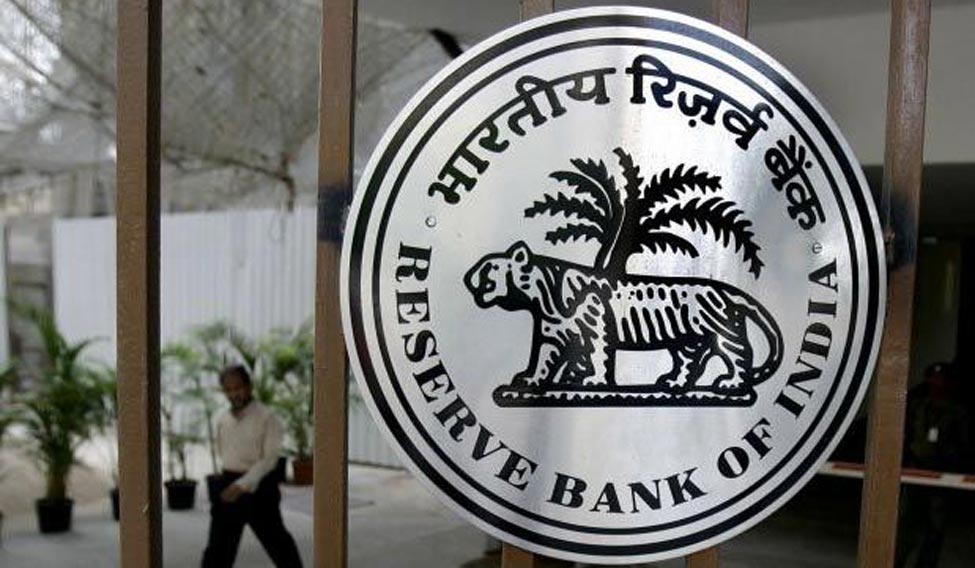Planning to get a loan to buy a house, automobile or the high-end TV you wanted? Get ready to pay higher interest as banks have started raising lending rates now, albeit slightly, even as the Reserve Bank left its benchmark repo rate unchanged in the monetary policy announcement this week.
HDFC Bank, India's second largest private sector lender, has raised its marginal cost of funds-based lending rates by 10 basis points (0.10 per cent), across various maturities. Effective February 7, HDFC Bank's lending rates for six-month time frame is 8 per cent, for one year 8.20 per cent, two years at 8.30 per cent and for three years at 8.50 per cent.
The private sector bank is not the only one to have raised rates. Earlier in January, Axis Bank, Kotak Mahindra Bank, IndusInd Bank and Yes Bank had also raised their MCLR-based lending rates by 5 bps to 10 bps.
The RBI in its bi-monthly monetary policy announcement this week, kept the repo rate unchanged at 6 per cent, but flagged inflation concerns.
“The MPC (monetary policy committee) took note of some upside risks; the impact of HRA (house rent allowance) by various state governments on headline inflation, further pressure on crude oil and commodity prices, Union budget proposals on minimum support prices for kharif crops and an increase in customs duty on number of items, the impact of fiscal slippages on inflation and broader macro financial implications notably on economy-wide costs of borrowing,” said RBI Governor Urjit Patel.
Fiscal deficit, rising inflation has driven the bond yields sharply higher. In the last 7-8 months, the benchmark 10-year bond yields have gone up 1 per cent. Banks are the biggest buyers of debt, and as yields have risen, their treasury income has taken a hit. In the October-December quarter, several banks booked treasury losses.
In the wake of the rising pressures, leading bankers have been hinting of the upcoming interest rate tightening.
“Reduction in interest rate cycle has stopped now...We should be prepared for an increase over a period,” Chanda Kochhar, CEO, of ICICI Bank, the country's largest private sector lender had said in an interview to Bloomberg TV on the sidelines of the World Economic Forum in Davos last month.
Recently, speaking to journalists after its quarterly earnings announcement, Paresh Sukthankar, HDFC Bank's deputy managing director, had also hinted at possibility of rate hikes, stating that if liquidity conditions remained the way they were, there could be some upward pressure on lending and deposit rates.
While the RBI is expected to maintain status quo for longer, upside pressure to rate hikes remain if commodity price increases and government's proposal to raise MSPs drive inflation higher. Interest rates in the US are also on the up, which will lead to some foreign fund outflows.
Banks credit growth has also started picking up. To meet the the rising credit demand, banks will going ahead and raise deposit rates to attract low-cost capital, at a time non-performing assets remain high.
State Bank of India, the country's largest lender, raised bulk deposit rates on January 30 by 50 basis points to 140 basis points, and analysts feel more banks will follow suit.
“During FY2017-18, many public sector banks used higher retail deposit mobilisation along with shrinkage in credit growth to retire large amount of bullk deposits. The trend of shrinking wholesale deposits could reverse in FY2019 owing to normalising credit growth. With increasing yields on capital market instruments, a portion of capital market borrowings may shift towards banks, thus creating a need for an upward revision of wholesale deposit rates,” said Udit Kariwala, senior analyst at India Ratings.






